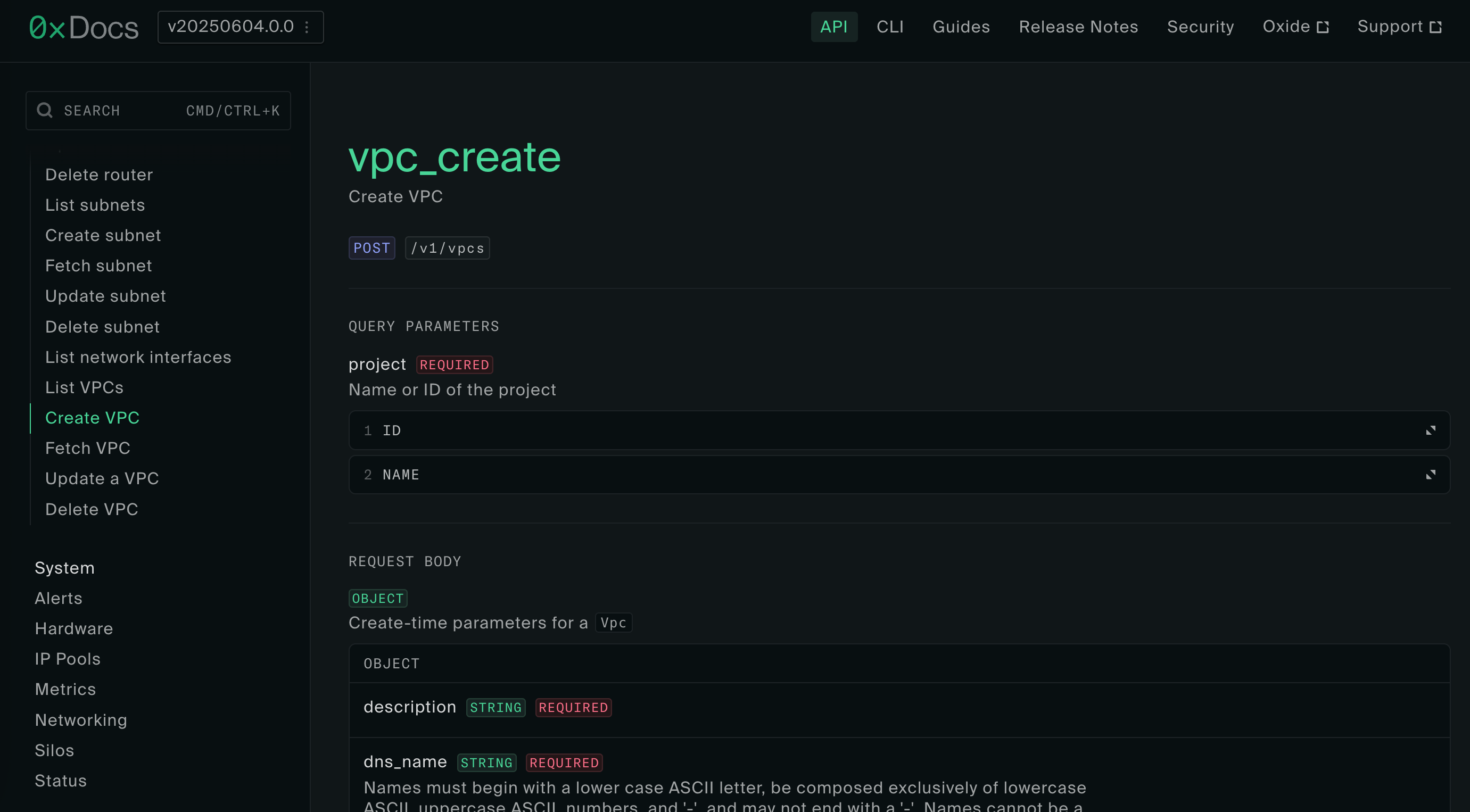Weekly notes: Enjoyed an article about how to think about using an agent as a partner during development by Michael Lopp (blog: rands in repose), and there was a talk about how to run a drp game day that was fun too
- ChatOps fatigue: how to create alerts that matter: Alerts should be urgent, actionable, and targeted. I like the CASE framework: context heavy, actionable, symptom based, evaluated.
- Budibase Cloud January 9th Incident: Couchbase sounds lovely. They made a couple of mistakes adding a new node to a cluster and didn’t have much of a promotion strategy it sounds like.
- Modern Node.js Patterns for 2025: Beautiful javascript.
- OpenAI gets caught vibe graphing: Chatgpt-5 is introduced with less hallucinations … allegedly.
- Java Regex: Dynamic Replacements with Lambda Expressions: Java regex can match and replace multiple match groups within a string.
Locale locale = Locale.US;
String input = "Lorem ipsum 2023-11-07 dolor sit 2021-09-14 amet.";
Pattern isoDatePattern = Pattern.compile("(\\d{4})-(\\d{2})-(\\d{2})");
String output = isoDatePattern.matcher(input)
.replaceAll(isoDate -> extractAndFormatDateWithLocale(isoDate, locale));
// "Lorem ipsum November 7, 2023 dolor sit September 14, 2021 amet."
- Building the Hundred-Year Web Service with htmx - Alexander Petros: One of the developers behind htmx. Extends well known html elements tastefully to help us build websites that will continue to work 30 years from now. (No-build)
- The Future of Forums is Lies, I Guess: It’s going to get really hard to tell whether you’re talking to a human or a robot on the internet and that’s unfortunate. :’(
- Performance Analysis Methodology: Brendan Gregg’s methodologies list of ways to approach performance problems.
- Oxide computer documentation : vpc_create: Beautiful documentation that includes method, endpoint, query parameters, request body, response codes / envelopes. It’s a restful api which is great.

- Every Single Human. Like. Always.: Michael Lopp uses an llm agent to build side projects. Very conversational and messy. If you don’t tell the agent what to do precisely it’ll give it a go which works sometimes and sometimes not. He’s saying the robot does what anyone would do given not enough information to go on - it’ll give it a go. Afterwards it’s on you to review the output and decide whether anything needs to be specified better.
- SREcon25 Americas - Running DRP Tabletop Exercises: Walk through of how one infrastructure team thinks about disaster recovery plan readiness testing. I liked the bits about standardization of recovery documentation (1 guide per service?) and the reminder that the restorer of an impacted system might not be the person most familiar with it.


